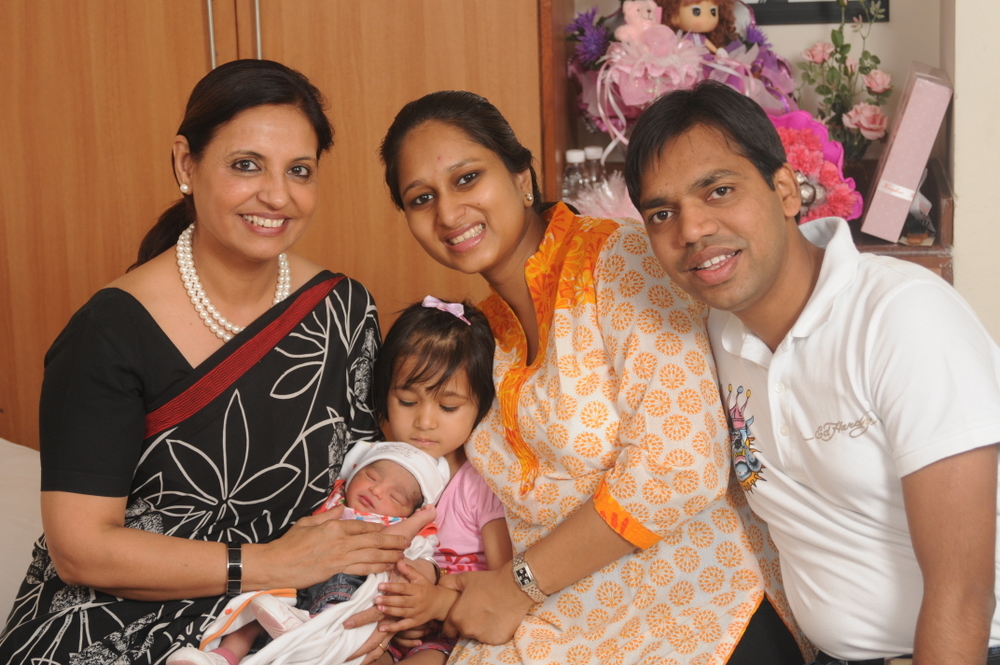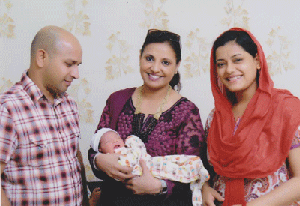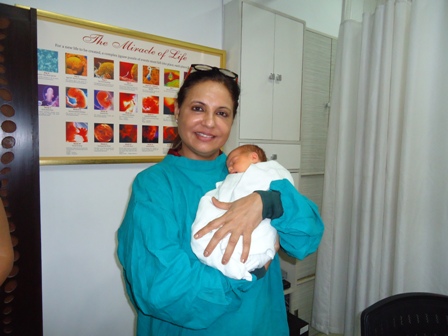Dr Rita Bakshi, Founder of RISAA IVF is an IVF specialist with a backdrop from AIIMS, Lady Hardinge Medical College and St Stephens. Her work with institutes from Singapore, Germany and Belgium has delineated her worthy experience in the fields of Gynaecology, Obstetrics, Laparoscopy and Assisted Reproduction. She has proficiency in IVF, IUI, ICSI, surrogacy, recurrent miscarriage, endometriosis and ovulatory disorders and their treatments.
How have the fertility rates of couples in metros been impacted by COVID? Please share trends and statistics.

COVID has been found to have no direct impact on fertility. SARS-CoV-2 infection is unlikely to have long-term effects on male and female reproductive function. There is fear in the mind of people owing to COVID-19. The pandemic has not only affected the physical health of individuals but also adversely affected mental health and social interaction. It has resulted in depression, anxiety, stress, social isolation. All this may have an indirect impact on the fertility of the couples.
Why do you think this has happened?
The burden of infertility is linked with the changing lifestyle, increased use of contraceptives and exposure to toxins. Stress, sedentary lifestyle, fancying consumption of alcohol and tobacco, obesity increases the chances for sperms to die. All these contribute to the declining rates of fertility. COVID-19 is not the only wrongdoer. There is not only a decline in female fertility but male fertility is also attributed to it. In metro cities like Delhi, Mumbai and Chennai, over 15 per cent of the male population is infertile. This rate is greater than that of the female infertility rate.
Do you feel this trend will become the norm in the future?
Stress, obesity, sedentary lifestyle, smoking and alcohol, polluted environment are the contributing factors to declining pregnancy rates. Westernised lifestyle and contaminated environment play a major part in infertility amongst couples and increased miscarriage. Reduction in testosterone in males and estrogen in females results in loss of libido. As the age increases, sperm motility and quality decrease. COVID-19 has not directly impacted implantation of pregnancy and miscarriage rates. No such evidence has been found in seminal fluid or follicular fluid.

How has the pandemic changed relationships among couples?
Relationships among couples have changed keeping in view the stress and fear of the pandemic leading to generalised depression and anxiety which is bound to affect the sex life of the couple, hence adding to fertility problems even more. There are couples who are facing economic hardships, some of them have lost their jobs and are stressed figuring out how to pay rent or to take care of their children. While other couples are self-sufficient, they may be able to take benefit and spend quality time together. Some couples faced increased anxiety, stress due to their valid reasons, which has shaped a strained relationship, regardless of love and regard. Pandemic-related stress had an impact on the relationships.




